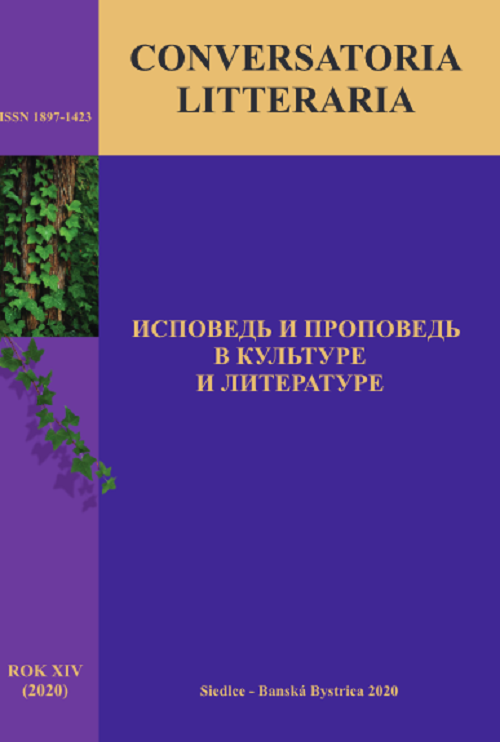«ГОСПОДСТВЕННАЯ ВЛАСТЬ» VS ДУШЕПОПЕЧЕНИЕ: ПРАКТИКА ИСПОВЕДИ В РУССКОЙ ДУХОВНОЙ ТРАДИЦИИ СИНОДАЛЬНОГО ПЕРИОДА
DOI:
https://doi.org/10.34739/clit.2020.14.06Keywords:
confession, priest, russian orthodox church, synodal period, pastoral counselingAbstract
The article attempts to reconstruct various pastoral models that appeared in the history of the Russian Orthodox Church over several centuries. The author identifies several "images" of confession, which are very different, among them: the realization of "despotical" power in a "confessional" family of the sixteenth century, the fulfillment of conscription, deeply personal interaction based on mutual trust and the value of a hierarchical aspect, counseling under the guidance of a "parish elder". The state, depending on the circumstances, either embeds the pastor in itself as a necessary part of its own mechanism, or considers the priesthood as a foreign element, or completely distances itself from religious affairs. The author suggests that the “types” of confession presented in the article can be compared with the forms of pastoral self-consciousness to be found in the modern life of the church. This in turn suggests that in the Russian Church today is characterized by the search for pastoral identity, in which the priesthood plays a key role.




